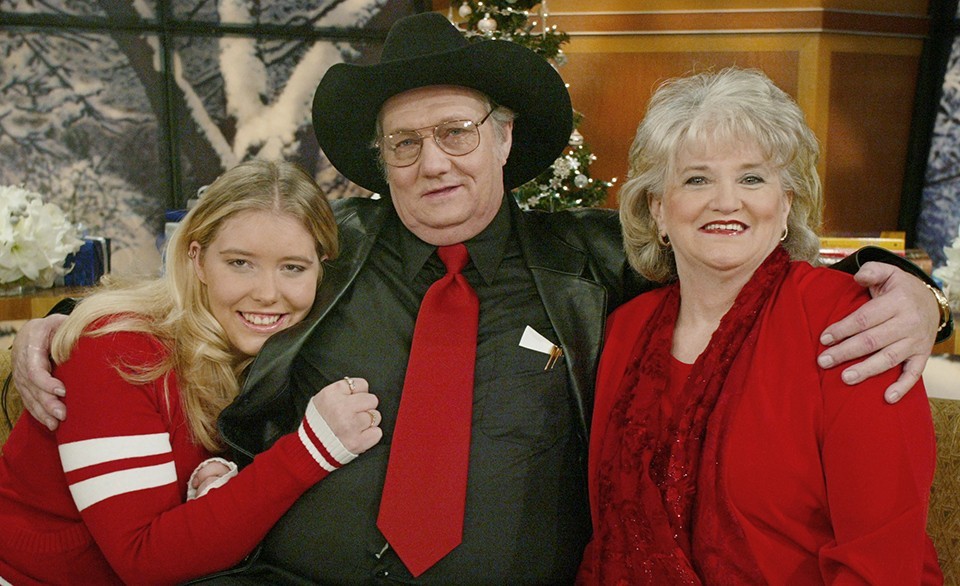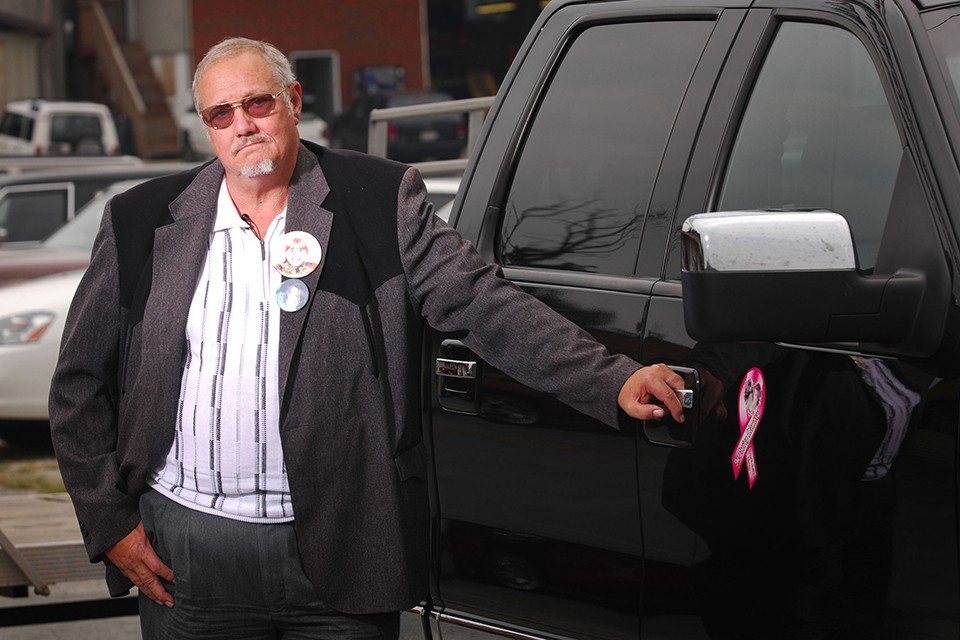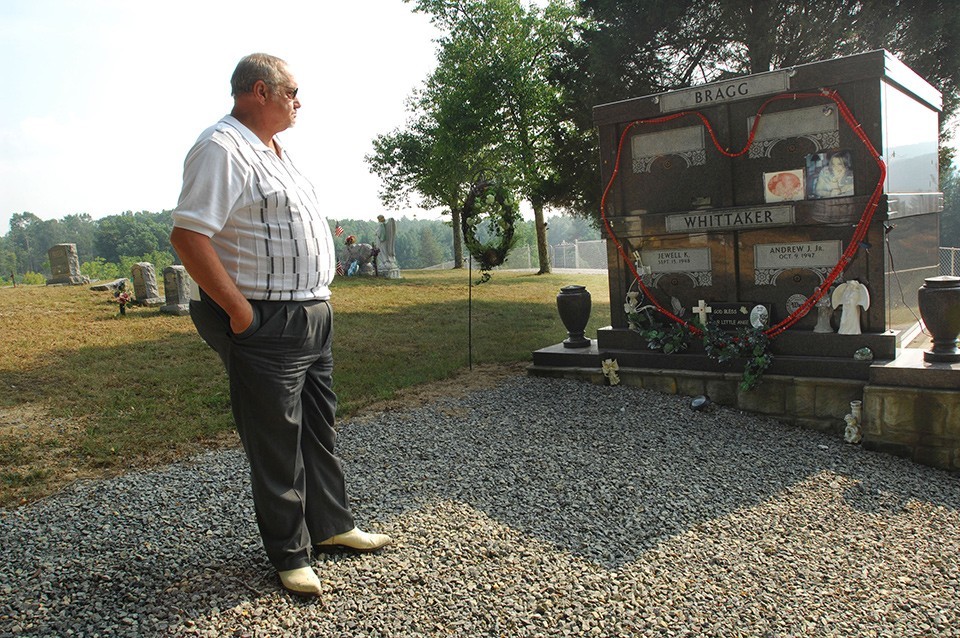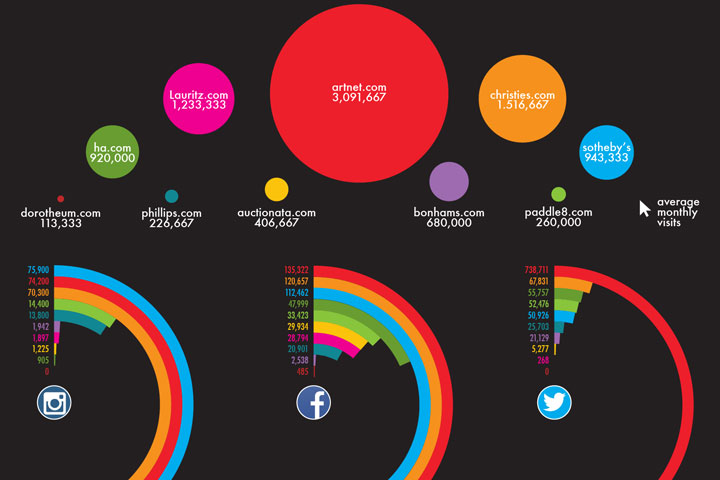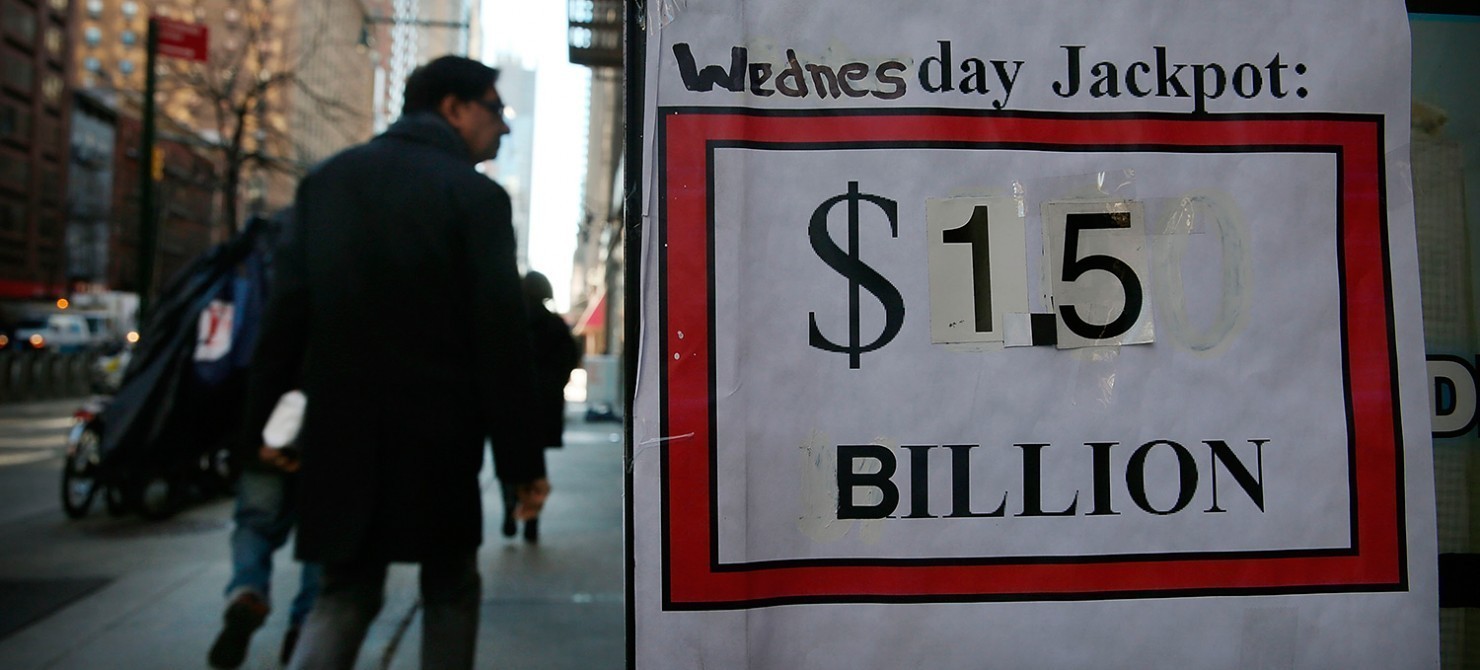
Unlucky Ticket: The Saddest Stories of Lottery Winners
On January 12, the New York Times published an article called You Will Not Win the Powerball Jackpot, where the 1:292200000 chance to win was called ‘very, very bad odds’. And in two days, after the draw, it turned out that not only one, but three tickets at the same time have the combinations of 4, 8, 10, 19, 27, and 34. After the deduction of state fees and many small prizes, and paying taxes each of the winners will receive about $187 mln.
None of the lucky ones has turned up to pick up their prize yet. It might actually be better for them to lose their lottery ticket.
Nightmare before Christmas
10 years after winning $315 mln in Powerball, Jack Whittaker admitted that he wished he had torn his ticket up. On December 25, 2002, a businessman and a good Christian won at the time the biggest jackpot in the history of American lottery. However, neither the $7 mln he donated for the construction of two churches nor the relief fund for people in need that he started brought him closer to Heaven on Earth.
In the first months it seemed that a 55-year-old from West Virginia was an exception in the long list of people who could not manage an unexpected fortune falling on their heads. He donated 10% to his parish, gave $100,000 to the person, who sold him the lucky ticket, and did not forget a lady, from whom he bought a couple of sandwiches that day: she got an SUV, a house and $44,000. Soon though, something went wrong.
After the news spread about Whittaker’s luck, people started suing him, and soon the number of lawsuits reached 460. The millionaire himself view them as the wish to get a part of his money while doing nothing. Police started arresting him for DUIs, and people noticed him in the casino. In the summer of 2003, someone stole $545,000 in cash from Whittaker’s car, parked near a strip club. A year later another $100,000 was stolen.
Whittaker was generous with his family, so he would sometimes give his granddaughter $5,000 worth of pocket money. He was going to leave her everything he had, but he also started noticing she was only interested in drugs. Around Christmas 2004, the body of 17-year-old Brandi was found wrapped in tarpaulin behind an old van. Five years later he got divorced and his only daughter died, too.
20 Months of Happiness
Billie Bob Harrell, Jr., a true believer from Texas, thought that winning $31 mln in the lottery was a godsend. In 1997, he bought a ranch, half a dozen houses for his family members, and generously donated to his church.
The change was unbelievable: before winning, after being fired from several other jobs, Harrell was struggling to keep his position at Home Depot. He barely had money to feed his wife and three children. “Everyone kept telling me it would get better. I didn’t realize it would get this much better”, — he said at the awarding ceremony.
When Harrell became a millionaire, he did everything people asked him to, and they started abusing it.
Even the worldly temptations impersonated by a young drugstore clerk, where Harrell was a regular client, didn’t bring the satisfaction he hoped for. Soon the winner sold his right to get yearly payments from the lottery to receive a one-time payment, to have more money on his hands. 20 months after he won the lottery, Harrell shot himself in the house of his ex-wife. Not long before death, talking to his financial advisor he said: “Winning the lottery is the worst thing that ever happened to me.”

Money Is Garbage
19-year-old Michael Carroll from England worked as a garbage man when, in 2002, he won £9.7 mln in a lottery. He swiftly adapted to his new life: by the end of the following year he smoked £2,000 worth of crack daily and boasted he slept with four women a day. Carroll says that in eight years he has had sex with 2,000 prostitutes, spending £100,000 on it. Divorce was looming, as was a sentence for shooting other people’s cars with a slingshot.
“I only started to think about three things — drugs, sex, and gold”, — a young millionaire used to say.
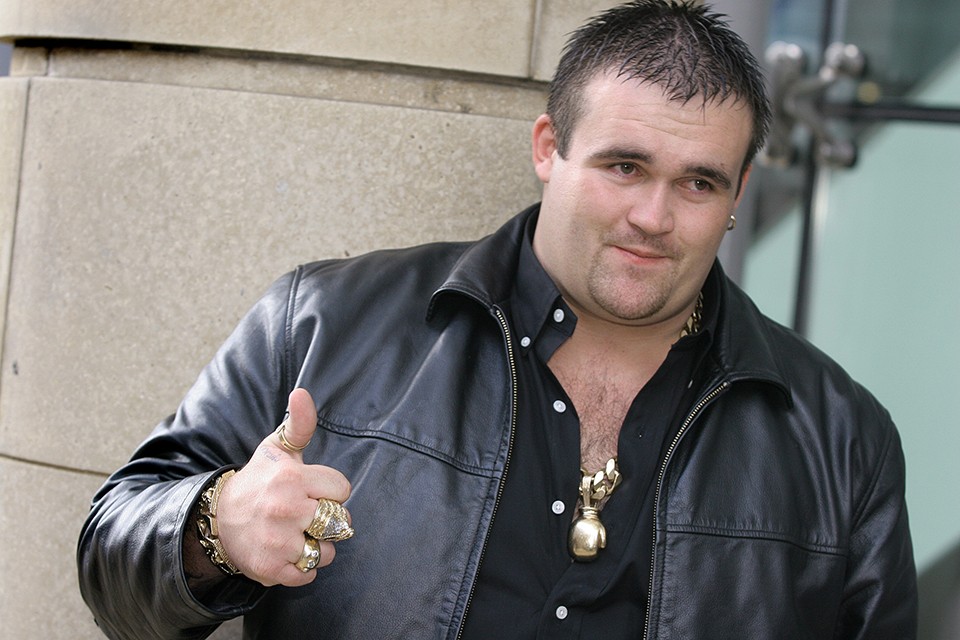
He spent £1 mln on horse-racing and invested £1 mln on the Rangers football team. When Carroll had only £500,000 left, he sold his cars, where he had a Mercedes with ‘King of Chavs’ title engraved on it, and earned another £400,000. He soon spent all this money, too. In 2010, he had to move out from a spacious mansion to a tent in the woods. “I find it easier to live off £42 dole than a million, — he commented on his new status.
After he went bankrupt he worked as a garbage man again, and later he got employed as a packer in a cookie factory.
Live Fast
Victoria Zell used all the charms she had to convince Jeff Holmberg, with whom they were in a process of divorce, to give her a half of his $11 mln lottery prize. Although he agreed, it didn’t make her happy. In the four following years, she was charged with the possession of methamphetamines twice. In 2005, after a day spent drinking and using cocaine, she sat behind the wheel of her SUV and promised her passengers to show them how to drive crazy.
She speeded up to 110 km/h, ran two stop signs and rolled over.
One of the passengers was immediately killed, the second one was paralyzed for life. Zell got 7.5 years of prison and a civil suit, which was for much more than the money she had left.

Own Blood
Unlike many other lottery winners, Jeffrey Dampier, who won $20 mln in 1996, did not rush to buy women or cars. He invested money in a popcorn business and made gifts for all his family members.
However, it was not enough for his wife’s sister, Victoria Jackson. In 2005, she and her boyfriend kidnapped Dampier, demanding that he give the rest of his fortune to them. When he refused, Victoria’s partner gave her a choice: shoot Dampier or be shot herself. She chose life and killed a man, who was once considered lucky, with a shot to his head.
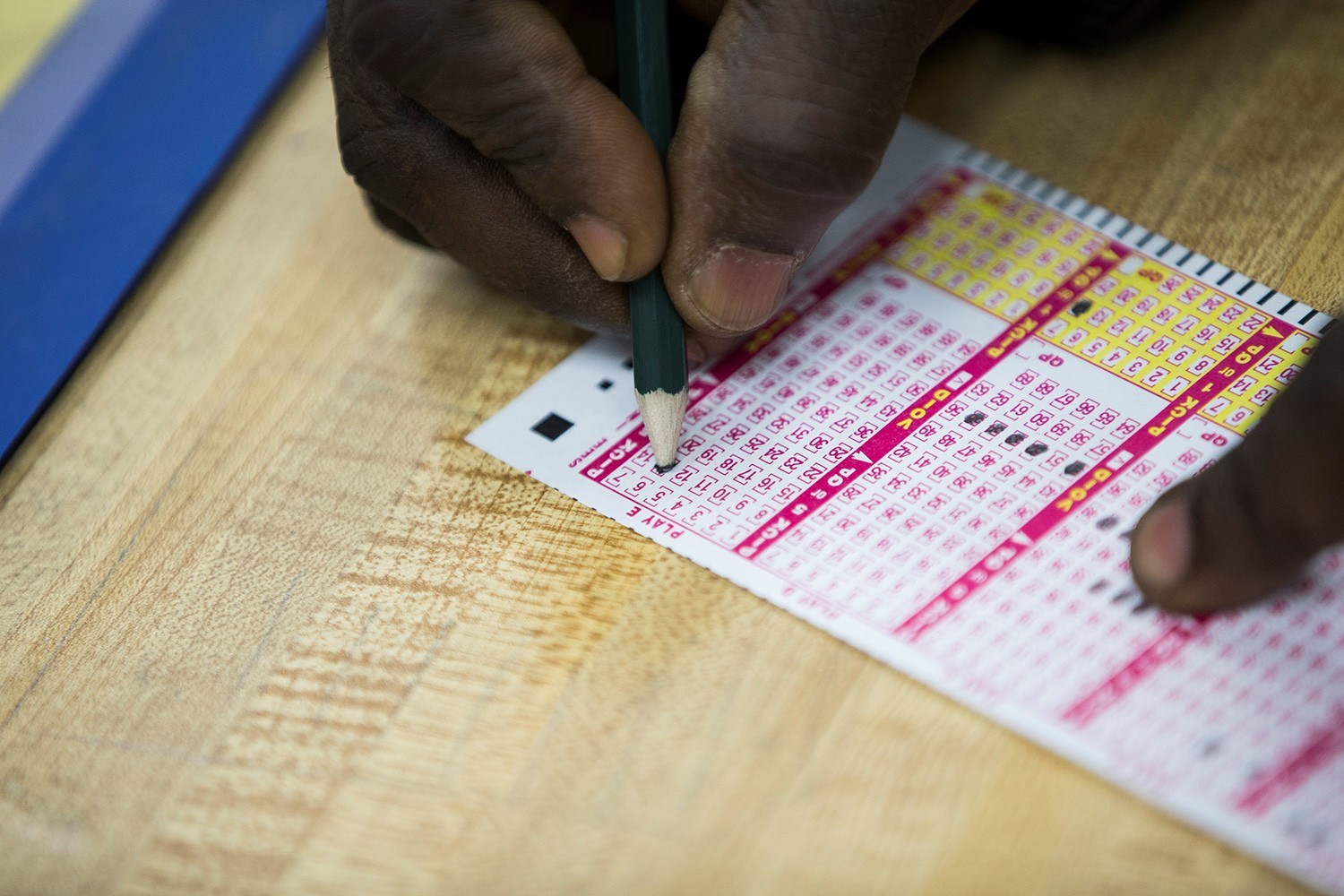
Lottery winners often want not to reveal their names, but in many states of the US cashing the ticket anonymously is prohibited by law. We already know, which states January 13 winners come from — California, Florida and Tennessee. In Tennessee, the winner has already claimed his rights for the main prize. 60-year-old John Robinson works in house maintenance service, and his wife Lisa works at the dermatology clinic. The couple has two kids.
For CNN, financial experts chose the most reliable way for them to invest their money — 30-year US government bonds. Yielding 2.85% a year, they will allow the family to live on $5.3 mln a year.
